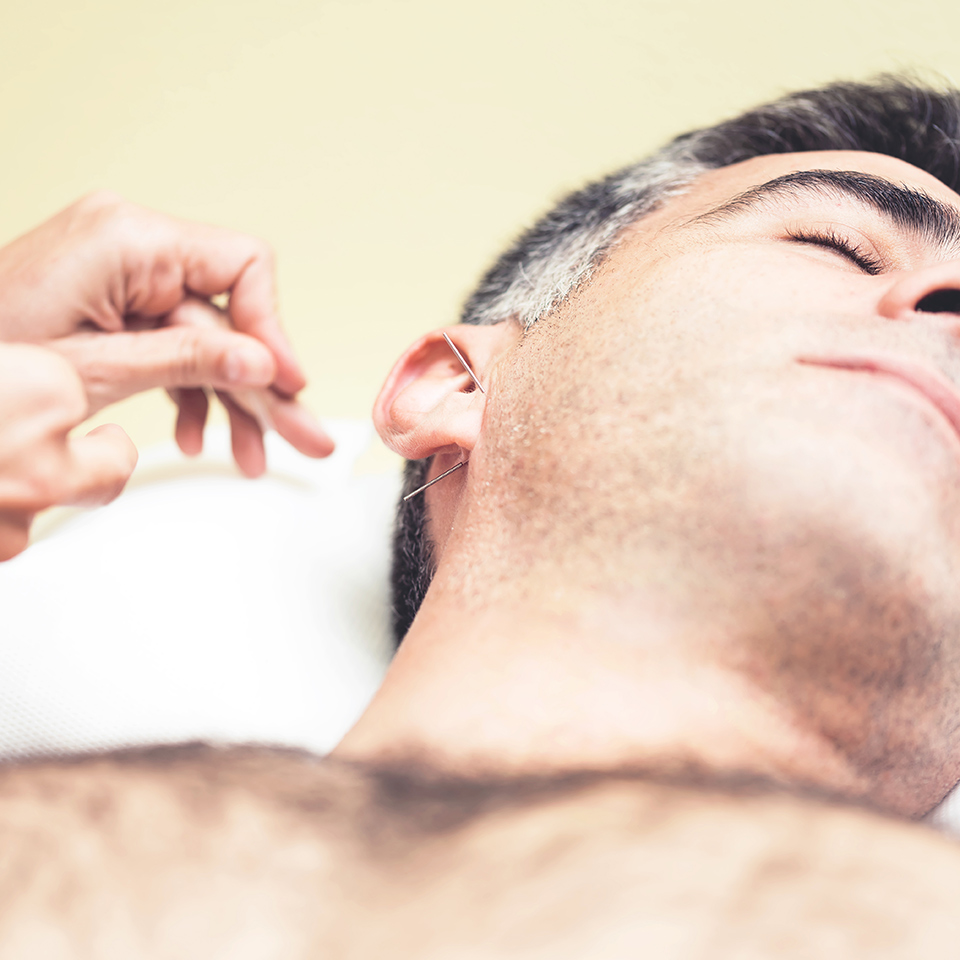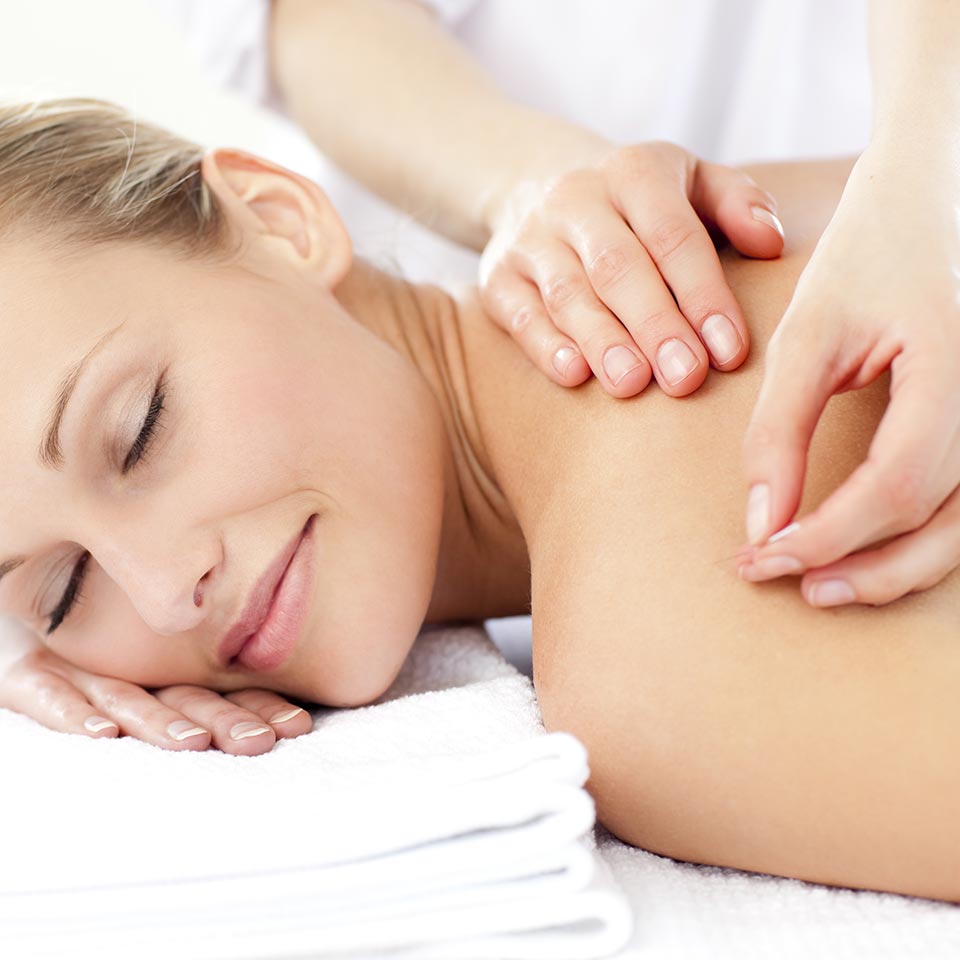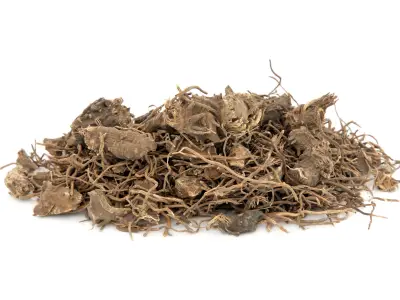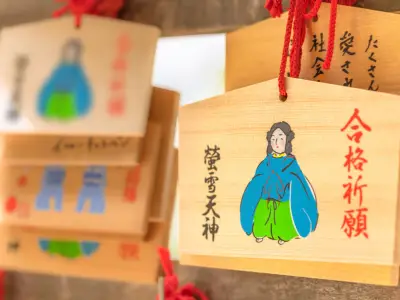Anxiety is a common mental health condition that affects millions of people worldwide. The exact causes of anxiety vary on a case by case basis, but can include genetics, stress or trauma. Numerous effective treatments are available for anxiety, including medication and therapy, but some individuals have also found alternative therapies like acupuncture to be beneficial.
In this article, we’ll explore the potential benefits of acupuncture for treating anxiety, and learn more about the various relevant pressure points on the body.

Can Acupuncture Help Anxiety?
The most common treatments for anxiety include therapies like Cognitive Behavioural Therapy, and products like antidepressants or anti-anxiety medication (SSRIs). Treatments like CBT offer relief to many sufferers of anxiety, but there’s increasing demand for more holistic therapies to help people with their mental health as well.
This is where acupuncture comes in!
Theories and recent studies suggest that acupuncture can actually alleviate the symptoms of anxiety. It’s said that acupuncture can help regulate the release of neurotransmitters in the brain, such as serotonin and dopamine: the “happy hormones” that are essential for mood regulation and alleviating anxiety and depression.
Acupuncture can also affect the hypothalamic-pituitary-adrenal (HPA) axis, which is the body's stress response system. The HPA axis plays a part in releasing stress hormones like cortisol (one of the main hormones that’s linked to anxiety) in response to stressors. During acupuncture, the HPA axis is better regulated, so the release of these stress hormones is lessened.
In addition, acupuncture can help your body to release endorphins - a natural chemical hormone that blocks pain. When you have more endorphins in your body, it can reduce stress and calm your mind, which can ease anxiety symptoms. Some researchers actually believe that an endorphin deficiency could contribute to heightened anxiety in the first place.
Acupuncture Points for Anxiety
During acupuncture, the body is divided into pressure points and zones. It works by inserting needles into different pressure points on the body, close to the nerves that trigger the release of hormones such as endorphins.

There are hundreds (if not thousands!) of acupuncture points on the body, and various groups of pressure points are used to treat different conditions and levels of pain. For anxiety, there are several common acupuncture points, including:
Shenmen (HT7)
Location: On the wrist.
This point is believed to calm the mind and ease anxiety.
Pericardium 6 (PC6)
Location: On the inside of the wrist.
This point is thought to help reduce symptoms of anxiety, such as palpitations and insomnia.
Anmian
Location: Behind the ear.
This point is believed to promote relaxation and improve sleep, which can benefit anxiety sufferers.
Liver 3 (LR3)
Location: On the top of the foot.
This point is believed to help regulate emotions and reduce stress.
Kidney 1 (KI1)
Location: On the sole of the foot.
This point is thought to promote relaxation and calm the mind.
By targeting specific acupuncture points, practitioners can help to stimulate the body's natural healing processes and promote a sense of relaxation and well-being. While there’s still a lot to learn about the specific mechanisms by which acupuncture can help to alleviate anxiety symptoms, many people have found it to be a useful complementary therapy.
However, it’s important to note that acupuncture should not replace conventional medical treatment for anxiety, and should only be used as a complementary therapy with the guidance of a healthcare professional.
If you’re curious to learn more about acupuncture and its many benefits then our companion articles should give you some more details:
Our Introduction to Acupuncture course is currently available for just £29 for a limited time (reduced from £127). This introductory course is designed to provide a whistle-stop overview of the principles and techniques of acupuncture, as well as diving into details about health and safety. With a flexible online format, this course is a convenient and accessible way to explore this ancient healing technique!
If you suffer from anxiety and would like some additional information right now, you can also give our Anxiety and What to Do When it Gets the Better of You blog a read.





